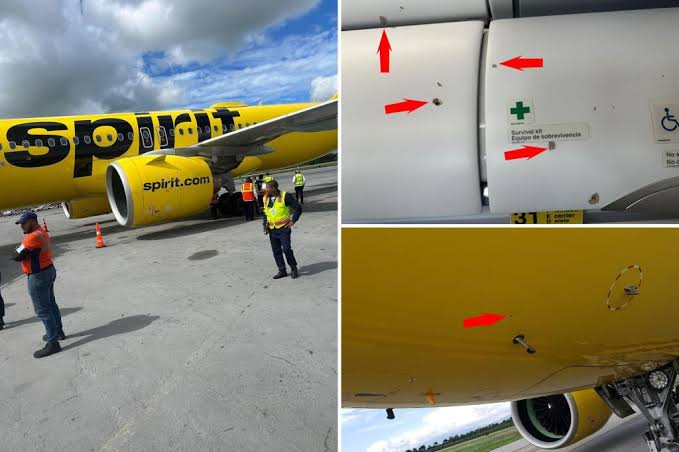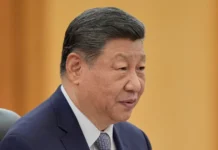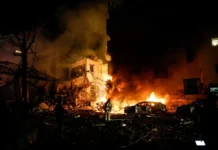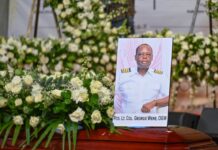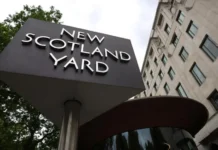The Federal Aviation Administration (FAA) announced on Tuesday a 30-day ban on U.S. airlines flying to Haiti. This decision follows a harrowing incident where a Spirit Airlines flight came under gunfire while preparing to land in Port-au-Prince, injuring a flight attendant and prompting concerns over the safety of air travel to the nation.
This ban on U.S. airline operations coincides with the United Nations’ decision to suspend its flights, critically impacting the flow of humanitarian aid and personnel into a country that is facing dire economic and security challenges. The shooting incident, which occurred on Monday, only underscores the chaos gripping Haiti as the nation manages a serious gang crisis.
In the aftermath of the shooting, the airport was briefly closed, and other airlines suspended their flights to and from Haiti, leaving many individuals stranded and uncertain about their travel plans. Photos from the incident revealed the terrifying aftermath, featuring bullet holes peppering the aircraft’s interior.
As life in parts of Port-au-Prince ground to a halt due to fears of violence, schools, banks, and government offices were shuttered. The once-bustling streets fell silent, broken only by the sounds of sporadic gunfire and the presence of heavily armed police patrolling in armored vehicles.
Neither former interim Prime Minister Garry Conille, who was ousted in recent political maneuvers, nor the newly appointed Prime Minister Alix Didier Fils-Aimé have publicly addressed the violence. However, President Luis Abinader of the Dominican Republic condemned the shooting as an act of terrorism, urging the international community to label these armed gangs as terrorist organizations.
“This was a terrorist act; the countries that are assisting Haiti should declare these armed gangs as terrorist groups,” Abinader stated at a press conference.
The United Nations has estimated that gangs control approximately 85% of Port-au-Prince, contributing to a deepening crisis that has seen Haiti go without elections since 2016. A U.N.-backed mission, which includes police forces from Kenya, is currently battling significant challenges regarding funding and personnel shortages, fueling calls for a more robust international peacekeeping effort to restore stability.
The recent turmoil follows the dismissal of Garry Conille by a transitional council tasked with restoring democratic order in Haiti, which culminated in the swift appointment of Fils-Aimé as the new interim prime minister. Conille, who had been at odds with the council, initially protested the legality of his removal but later acknowledged Fils-Aimé’s ascension to power, calling for unity amidst the crisis.
In a heartfelt message on the social media platform X, Conille expressed his hopes for the new prime minister’s success in leading the nation out of turmoil. “At this crucial moment, unity and solidarity are essential for our country. Long live Haiti!” he wrote.
Fils-Aimé, for his part, has vowed to collaborate with international partners to restore peace and commit to holding long-delayed elections—promises previously made by his predecessor. As tensions remain high and violence threatens further destabilization, the international community watches closely, hopeful for a renewed commitment to restoring order in Haiti.
As the situation continues to develop, the fate of both air travel and humanitarian efforts hangs in the balance, underscoring the urgent need for effective governance and support in a country beset by turmoil.









